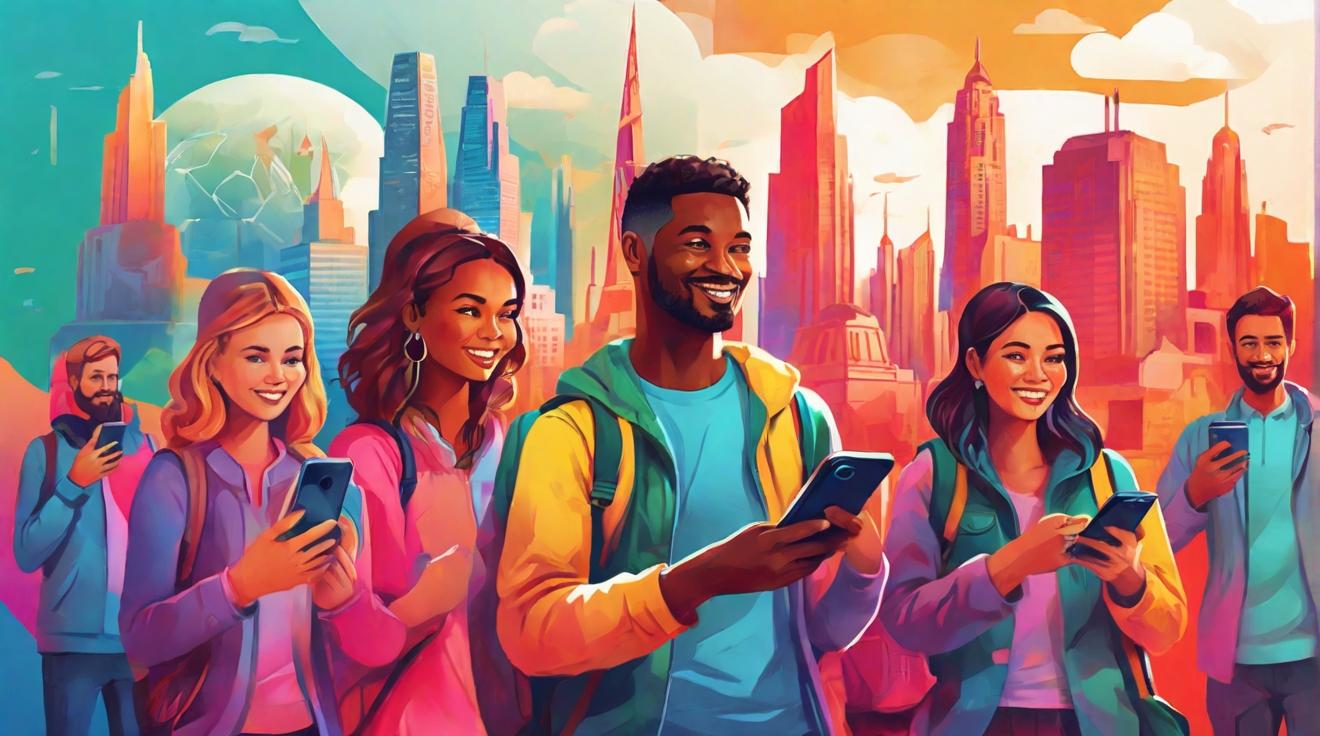WhatsApp's Evolution: From Simple Messaging to Global Phenom
In an era where digital communication is pivotal, WhatsApp has emerged as a cornerstone of personal and professional interaction across international borders. Originally penned in a 2014 internship application, WhatsApp's significance as the most-used app for staying connected with family and loved ones highlighted its early impact. However, its journey from a straightforward messaging platform to a global digital powerhouse is a testament to technological evolution and market dynamics.
A shocking development unfolded just months after the internship began; Facebook's acquisition of WhatsApp for a staggering $19 billion in 2014, setting the stage for monumental growth and transformation. Initially, WhatsApp's charm lay in its simplicity, devoid of today's emojis, GIFs, stickers, and video capabilities, yet it had already captivated over 500 million users globally by offering limitless messaging over cellular data, bypassing traditional SMS fees.
Founded in 2009 by Jan Koum and Brian Acton, WhatsApp's inception was modest, primarily featuring status messages. The introduction of push notifications on the iPhone was a game-changer, propelling WhatsApp into an indispensable tool for various societal aspects, including politics, business, media distribution, financial transactions, and as a private social network.
By 2020, WhatsApp's user base had ballooned to over two billion, dwarfing many social media and messaging platforms. Despite its expansive scale, WhatsApp has been lauded for its simplicity and the introduction of pivotal features such as end-to-end encryption and the ability to send short audio messages. These innovations have made it particularly invaluable for users with limited literacy or those navigating the digital world for the first time.
However, with widespread usage came significant challenges, prominently the spread of misinformation. In countries like India and Brazil, WhatsApp became a conduit for disseminating false information, leading to severe consequences. This necessitated crucial adjustments by WhatsApp to address and mitigate the issue.
Continuously innovating, WhatsApp introduced Channels in fall 2023, aimed at transcending its identity as merely a messaging app. Channels allow for one-way broadcasts by admins, offering limited user interaction but broadening WhatsApp's utility and reach.
WhatsApp's seamless transition and adaptation to evolving user needs and technological advances, all while maintaining its essence as a simple yet powerful messaging tool, underscore its indelible mark on the global digital landscape. Its role in shaping communication, business practices, and even societal norms worldwide is undeniable, reflecting its unparalleled influence and relevance in today's interconnected world.
Analyst comment
Positive news. Market will continue to grow as WhatsApp remains the most-used app for personal and professional communication. Its seamless transition and adaptation to user needs make it a dominant player in the global digital landscape. WhatsApp’s introduction of new features like Channels will further enhance its utility and expand its reach. However, challenges like misinformation need to be addressed to maintain its credibility.













